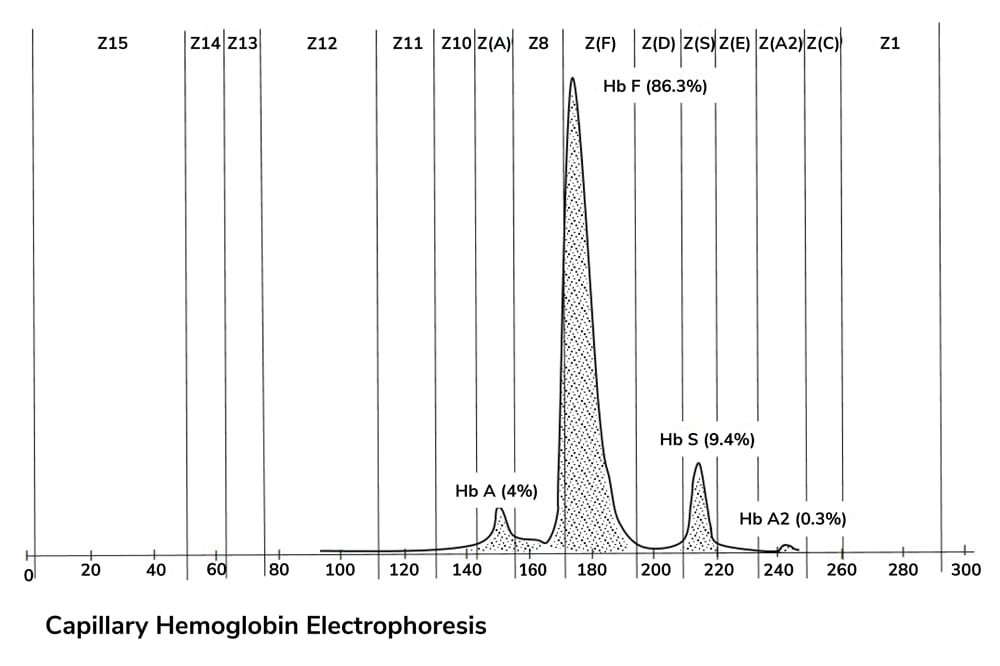A new synthetic scaffold could help with the early detection of recurrence and metastasis in cancer patients. The device – readily accessible underneath the skin – functions as a metastatic niche to attract circulating cancer cells. “Analysis of collected cells indicates unique cancer cell properties at metastatic sites relative to the primary tumor, or cells in circulation,” says Lonnie Shea, Professor of Bioengineering at the University of Michigan and senior author of the paper (1).
Biopsies of the scaffolds in mouse models revealed 635 cancer cell genes, 10 of which helped to identify whether or not the cancer had begun to spread. “Liquid biopsy has shown promise for monitoring disease, but our approach is distinct because it captures tumor cells that have left the vasculature,” explains Shea. The cancer traps are attractive when compared with invasive biopsies – and Shea sees a future in which sensors continuously monitor the implant in high-risk patients.

References
- RS Oakes et al., “Metastatic conditioning of myeloid cells at a subcutaneous synthetic niche reflects disease progression and predicts therapeutic outcomes”, Cancer Res, [Epub ahead of print] (2019). PMID: 31662327.




